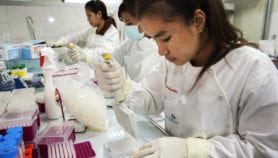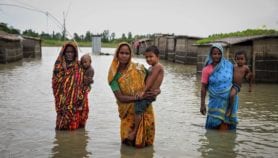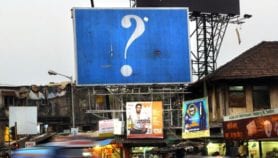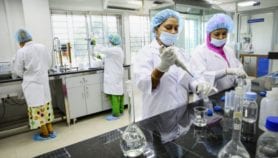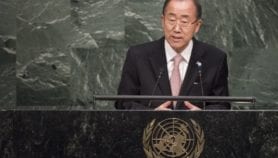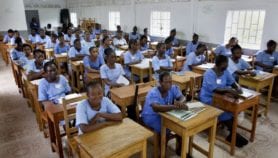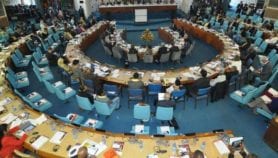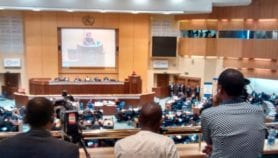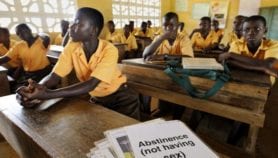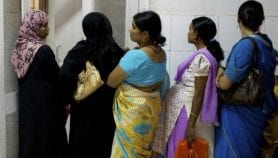By: Aisling Irwin
Send to a friend
The details you provide on this page will not be used to send unsolicited email, and will not be sold to a 3rd party. See privacy policy.
The setting of internationally agreed sustainable development goals (SDGs) has emerged as a dominant likely outcome of next month’s Rio+20 Summit in Brazil.
The goals would be based on the principles of Agenda 21, set in 1992 at the first Rio Earth Summit, and would seek to enhance human and natural wellbeing by driving countries onto economically, socially and environmentally acceptable development paths in areas such as water, energy and food.
Broad agreement on their desirability has emerged this week at the second round of informal talks on the so-called ‘zero draft’ of the outcome document that will ultimately inform the UN Conference of Sustainable Development. But there are deep splits among the goals’ advocates.
Some are pushing for swift progress, with objectives — and even targets — to be set in Rio.
This article is part of our coverage of preparations for Rio+20 — the UN Conference on Sustainable Development — which takes place on 20-22 June 2012. For other articles, go to Science at Rio+20
Others fear moving too rapidly could result in poorly set targets and could detract attention from the Millennium Development Goals — which remain largely unmet with three years to run.
"It’s clear now, from the state of the negotiations, that there’s no doubt that the SDGs will be in the Rio+20 outcome and it’s probably the major new element in the outcome," said Gisbert Glaser, a senior advisor at the International Council for Science (ICSU), who has been attending the second round talks in New York (23 April–4 May).
Paula Caballero, director for economic and environmental affairs at Colombia’s Ministry of Foreign Affairs — who is widely seen as the creator of the SDG idea, said: "There’s a great appetite for results. We very strongly feel that in Rio we must adopt an indicative, preliminary list of Sustainable Development Goals."
She told SciDev.Net the goals should be sufficiently advanced at the summit for them to be taken forward by a technical committee.
But Alex Evans, who heads the resource scarcity programme at New York University’s Center on International Cooperation, expressed dismay at this prospect, and urged negotiators to aim for a "starting gun on the post-2015 debate".
He told SciDev.Net that overambitious goals set at Rio+20 could end in "acrimony" in the long run. Alternatively, he warned against the setting of "rhetorical" objectives lacking in detail and delivery plans.
"Above all, my biggest worry would be we might lose the MDG focus on the poorest for no corresponding advantages," he said.
Neva Frecheville, international development policy advisor at WWF UK, said: "Politicians have quite a lot invested in having a successful outcome from Rio+20 … so national governments are looking for a big win.
"If we get it wrong, we will live with the consequences for some time."
Caballero argued that, whether the process to identify SDGs lasted "two years or ten minutes" it was likely to lead to the same outcomes, and that postponing key decisions beyond Rio+20 could result in thousands of pages of submissions "and maybe 80 goals" which would take years to whittle down.
Irrespective of the outcome at Rio+20, there is currently broad agreement that the goals would be taken forward by an intergovernmental group under the direct authority of the UN Secretary-General, Ban Ki-moon.
This article is part of our coverage on Science at Rio+20.


